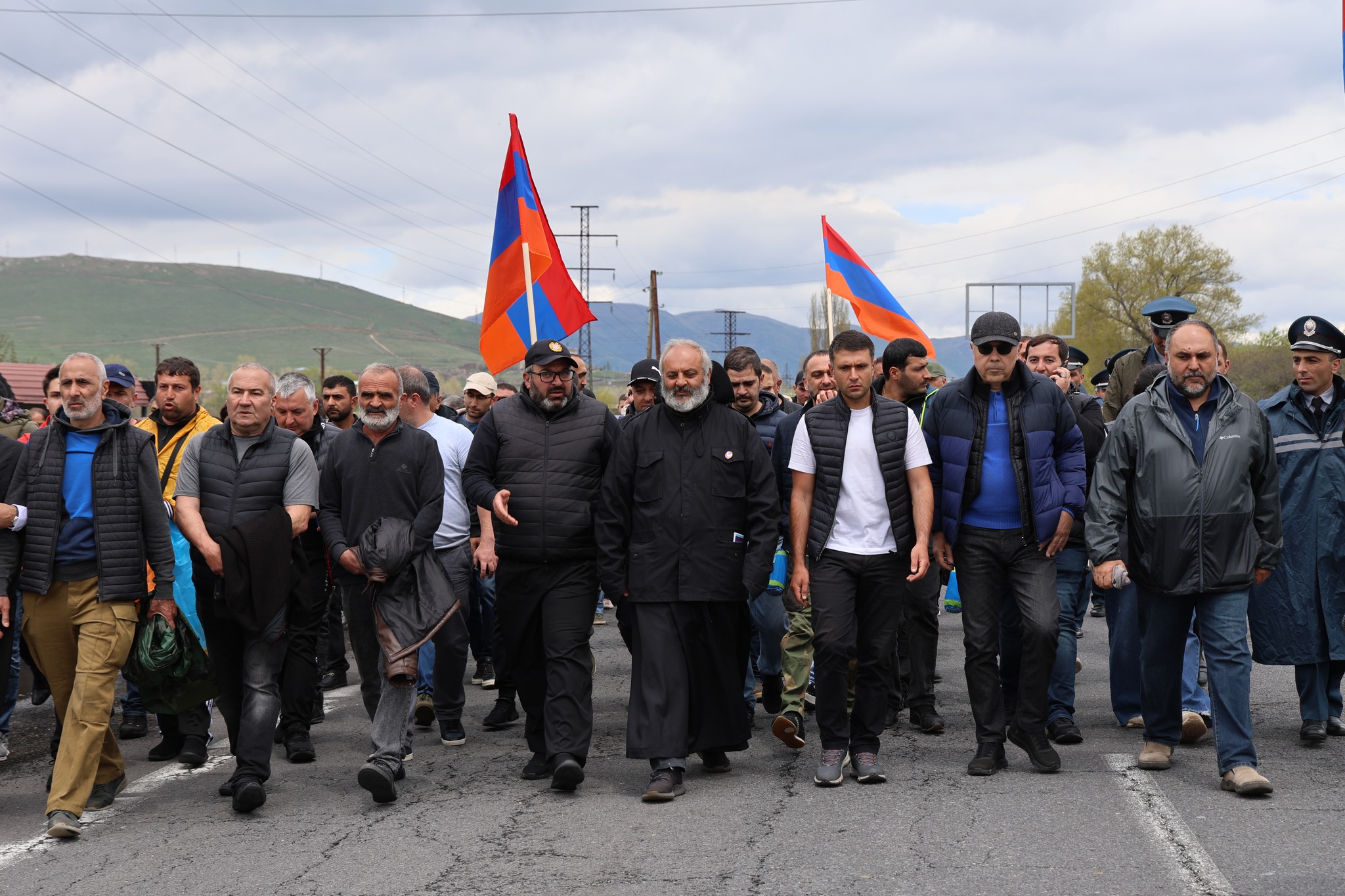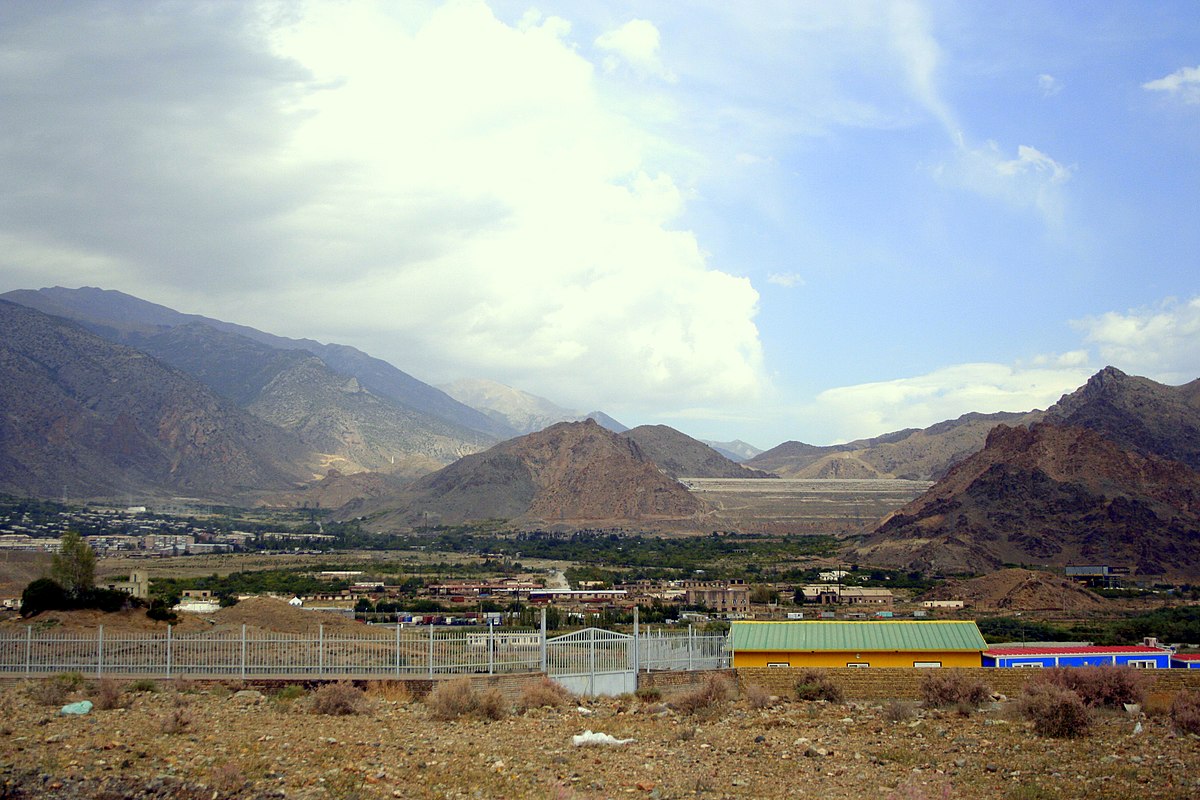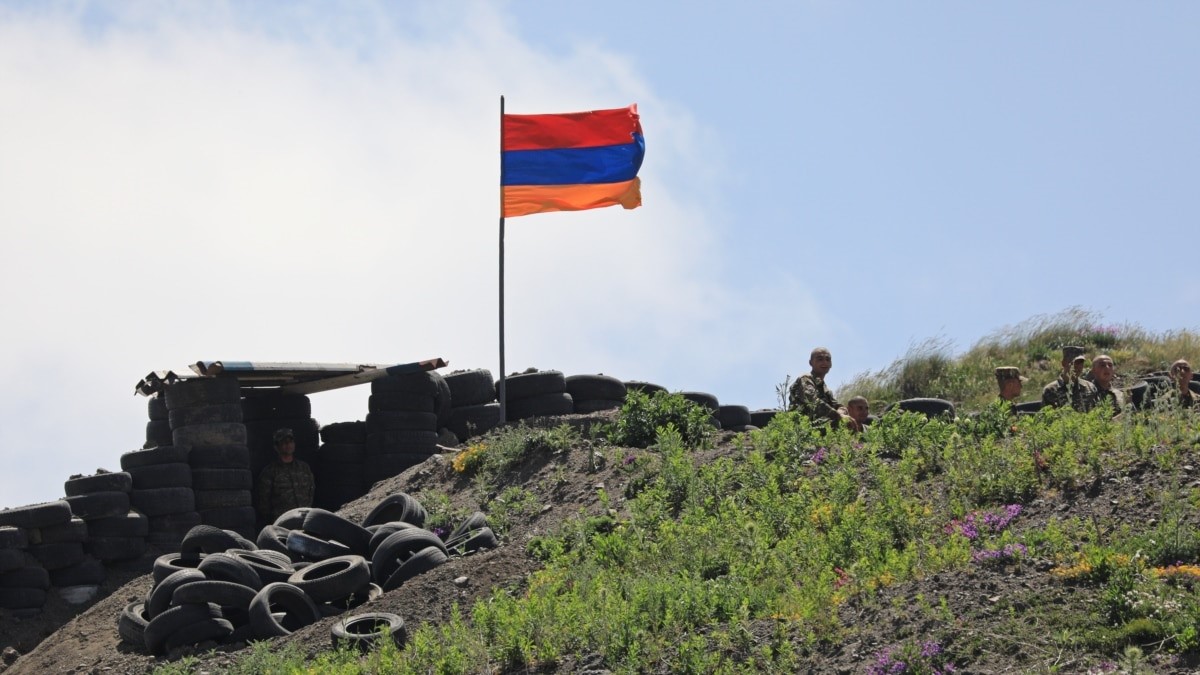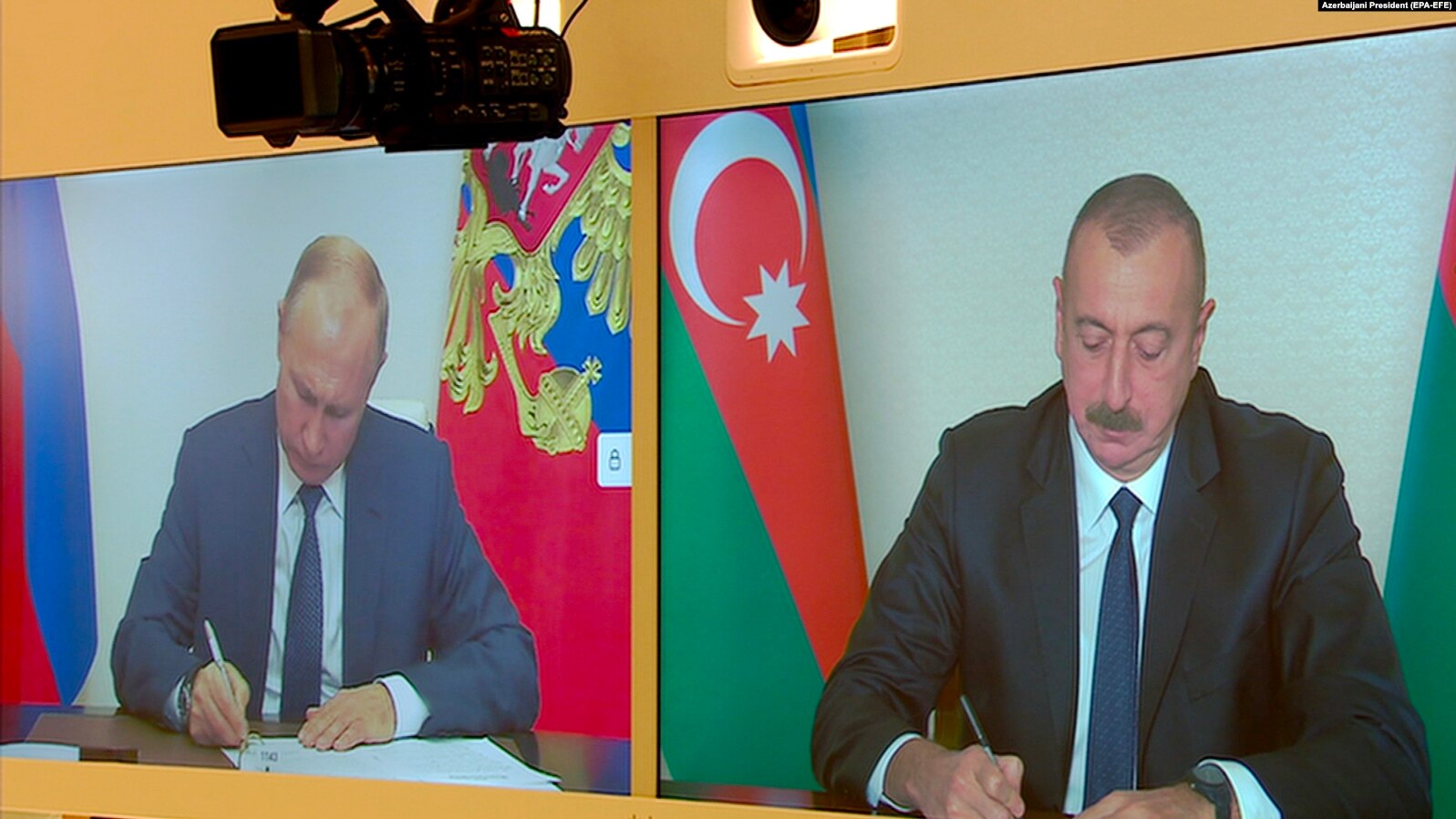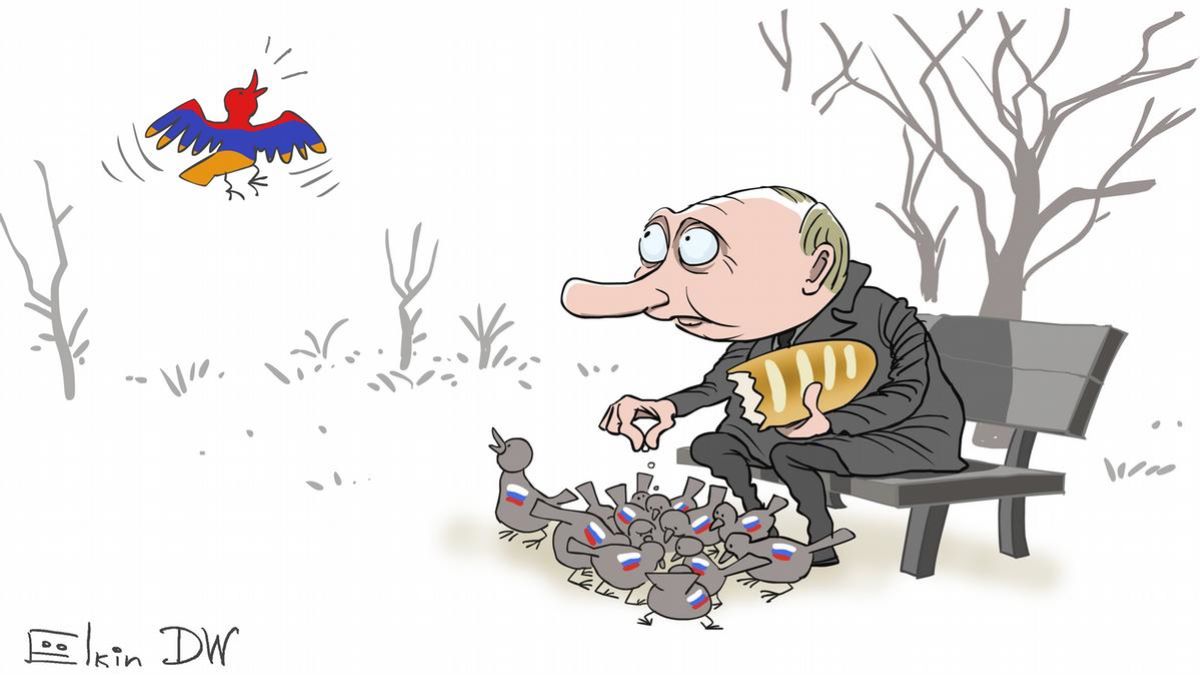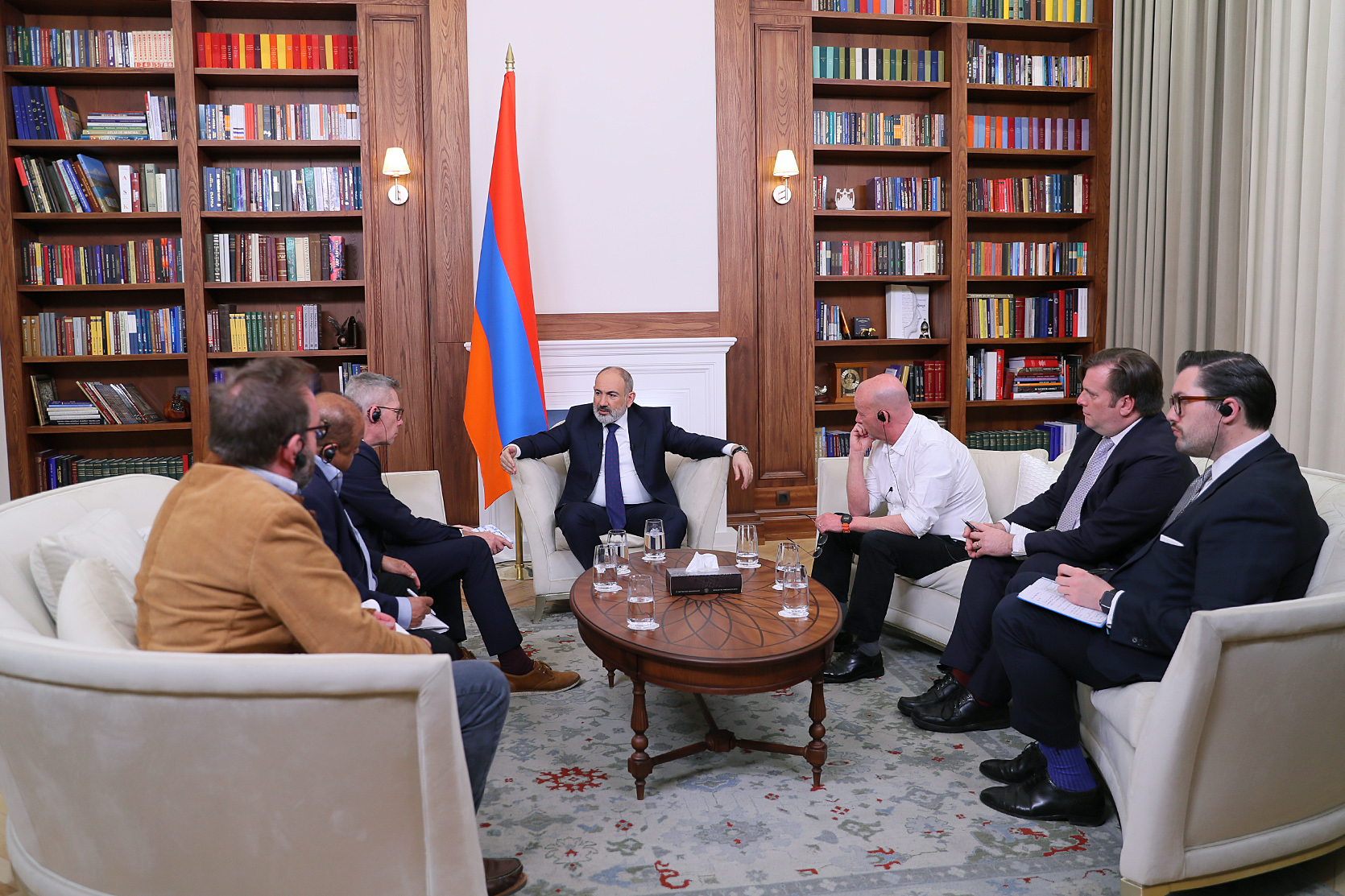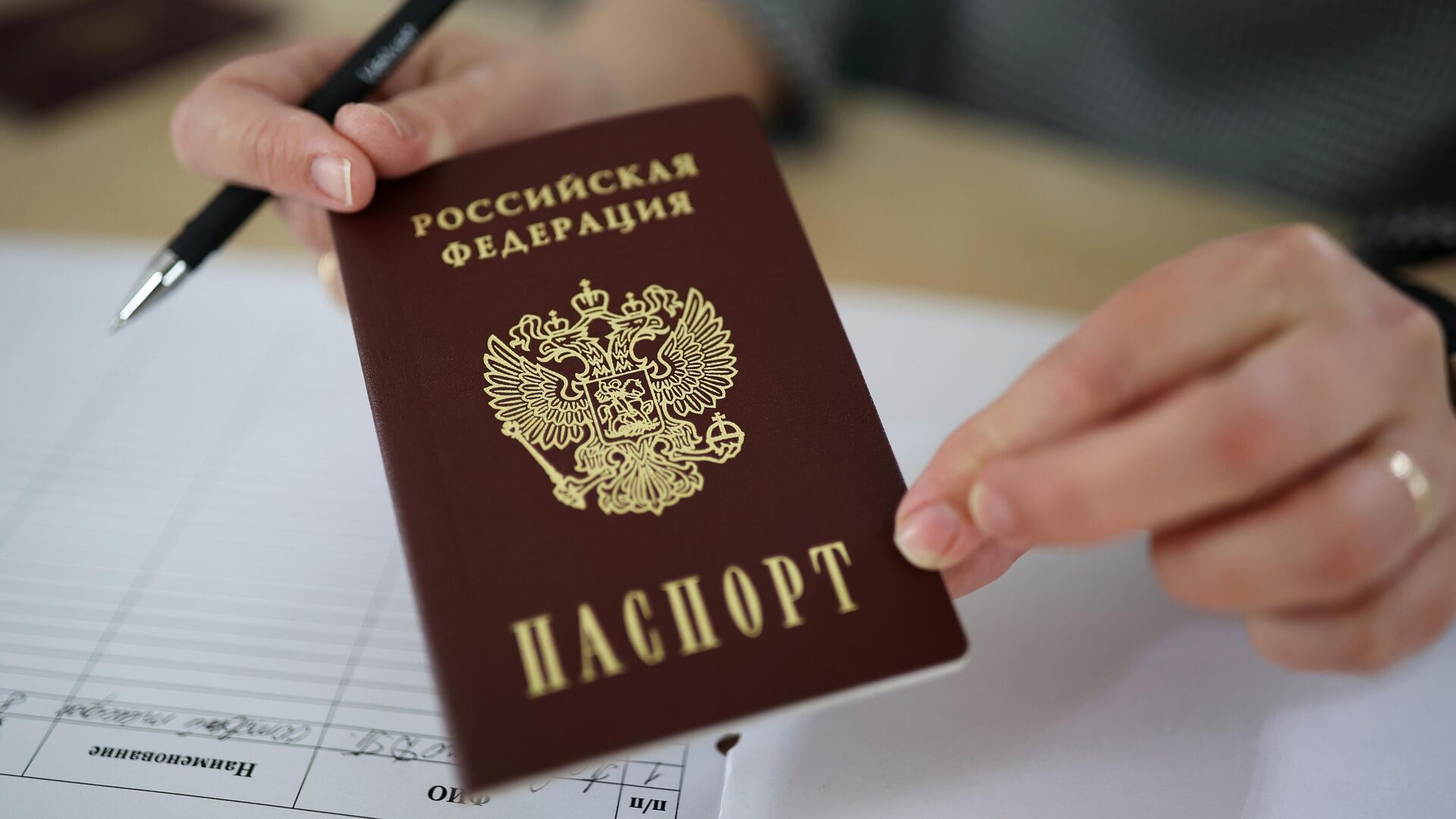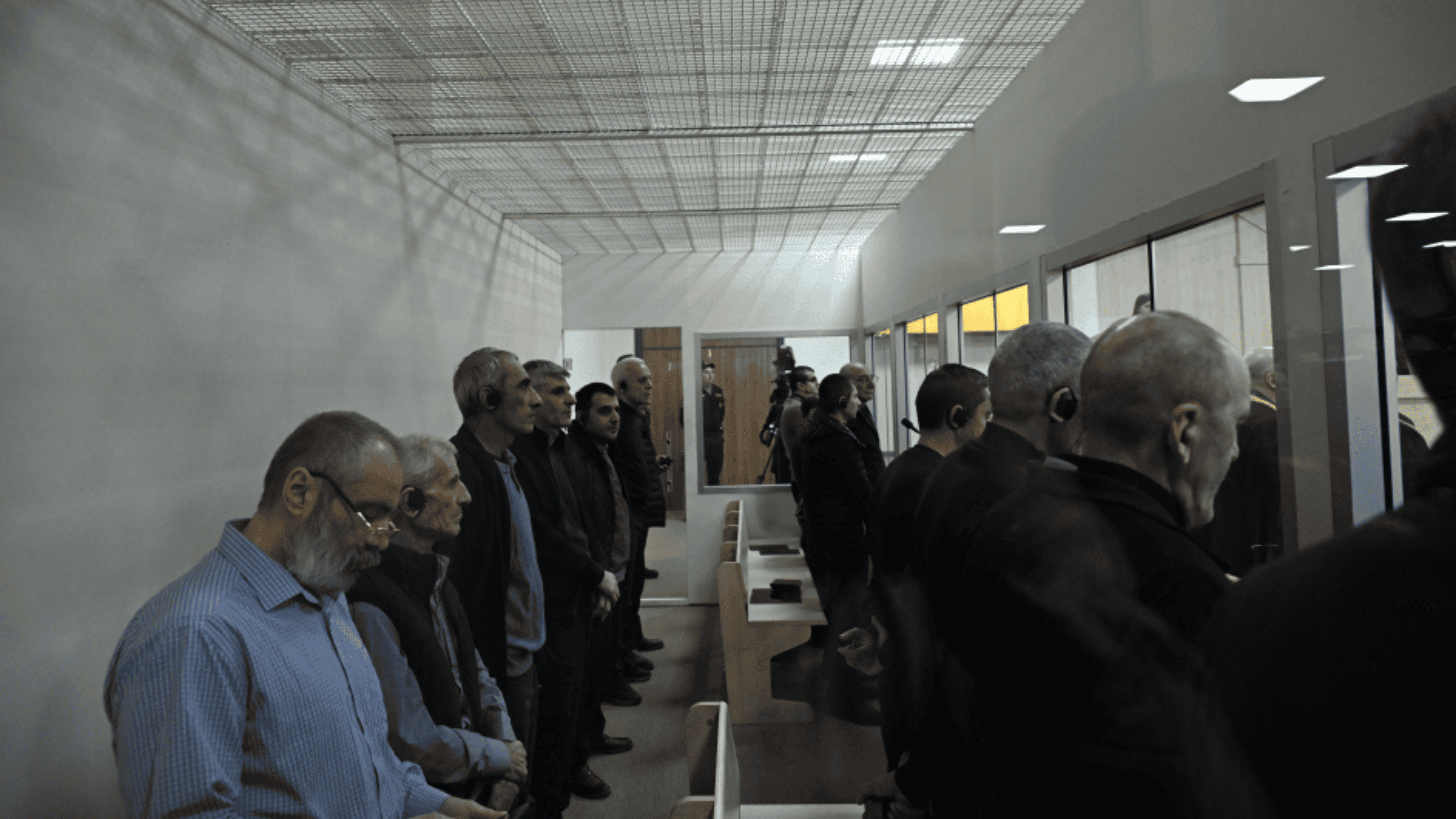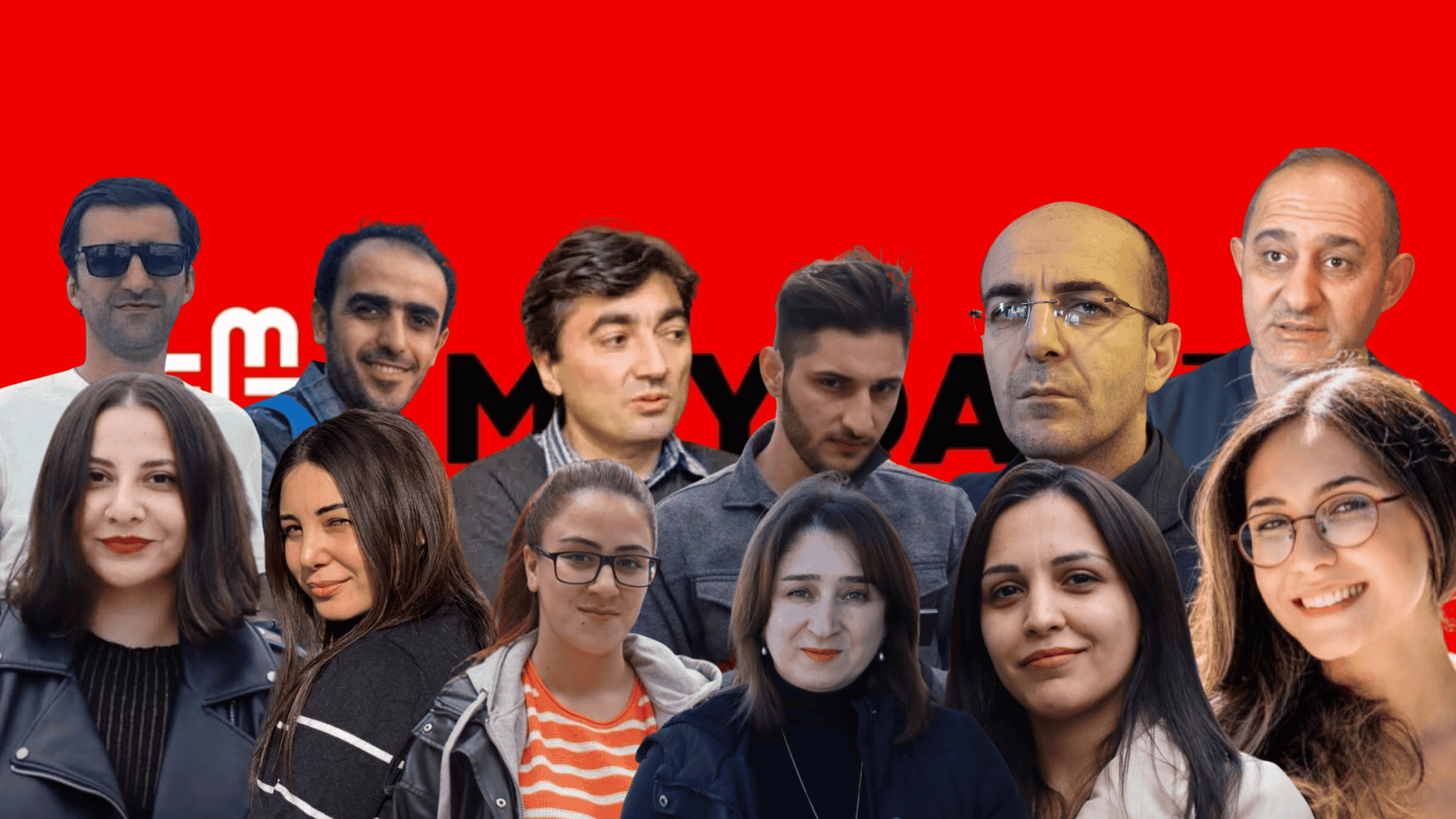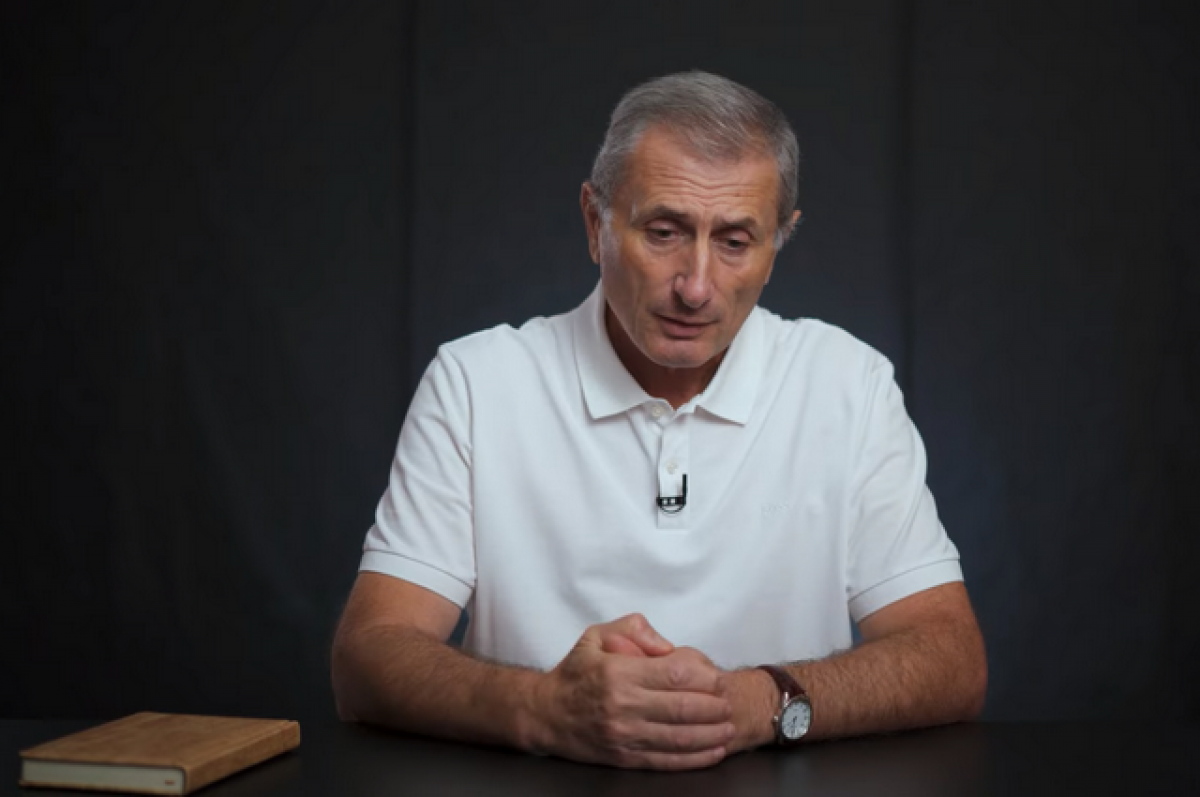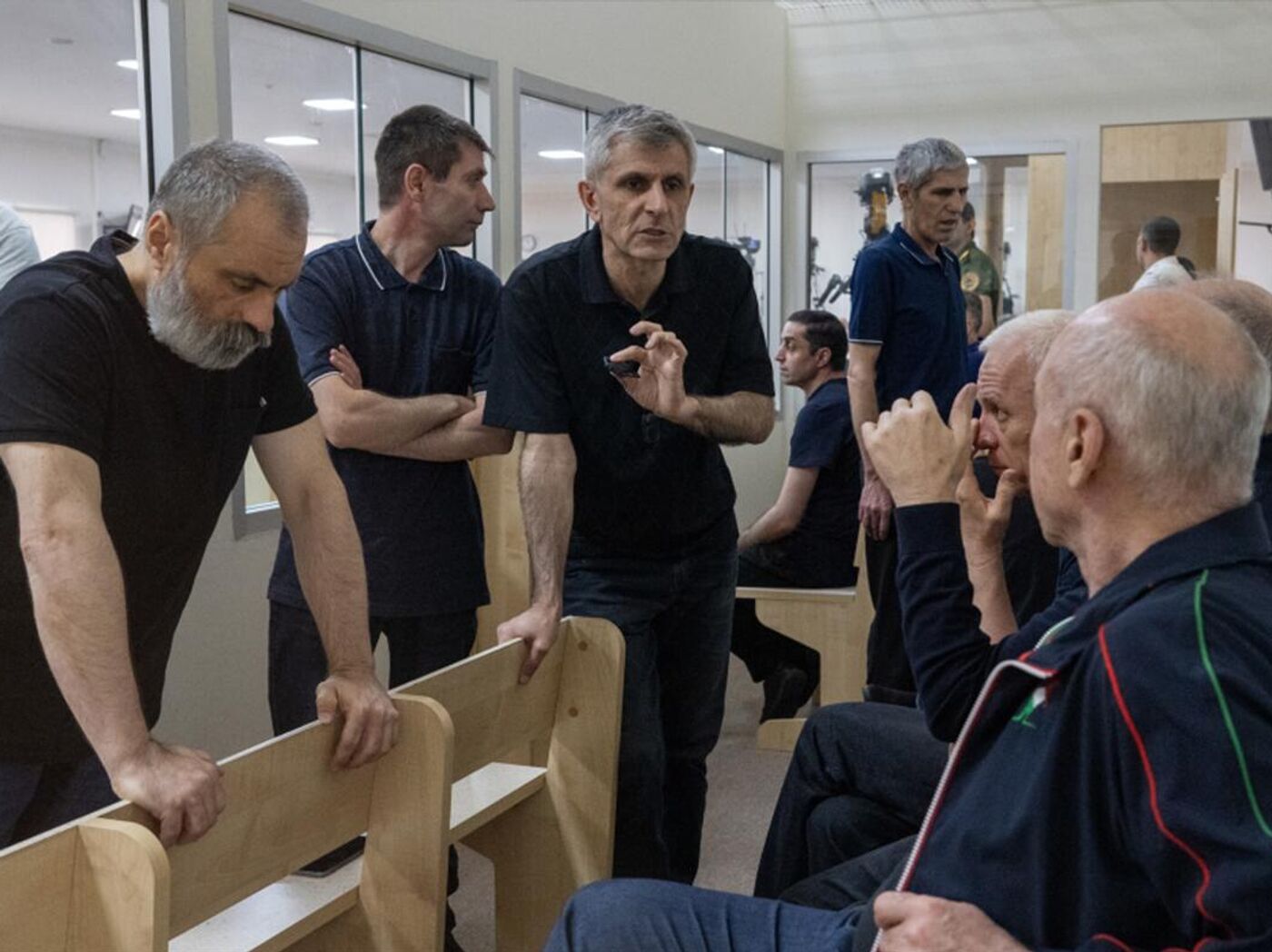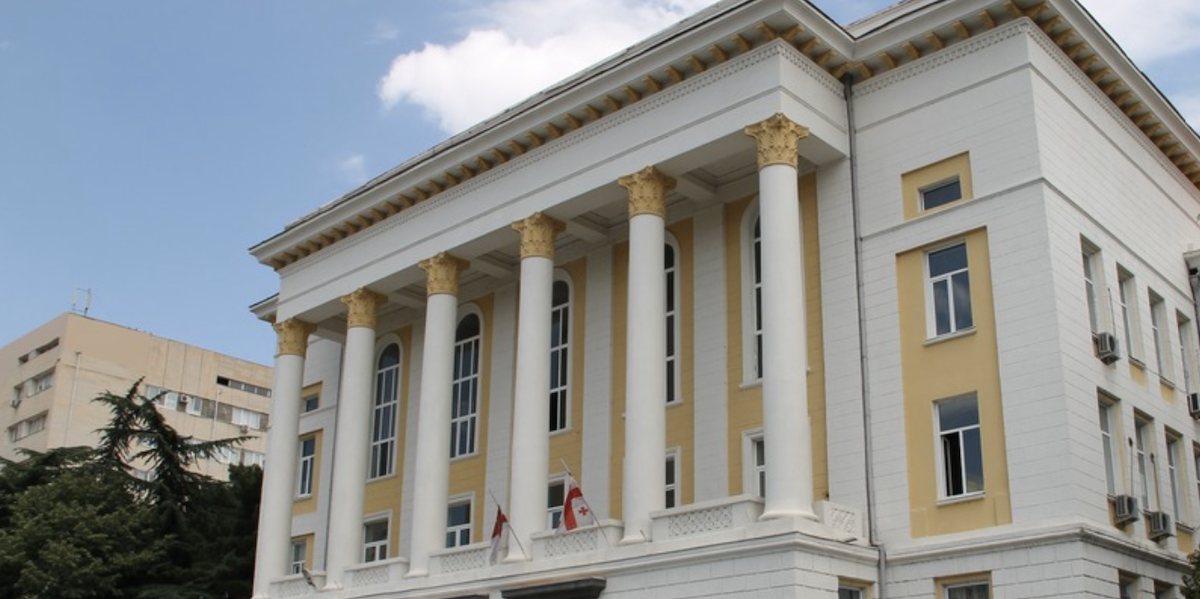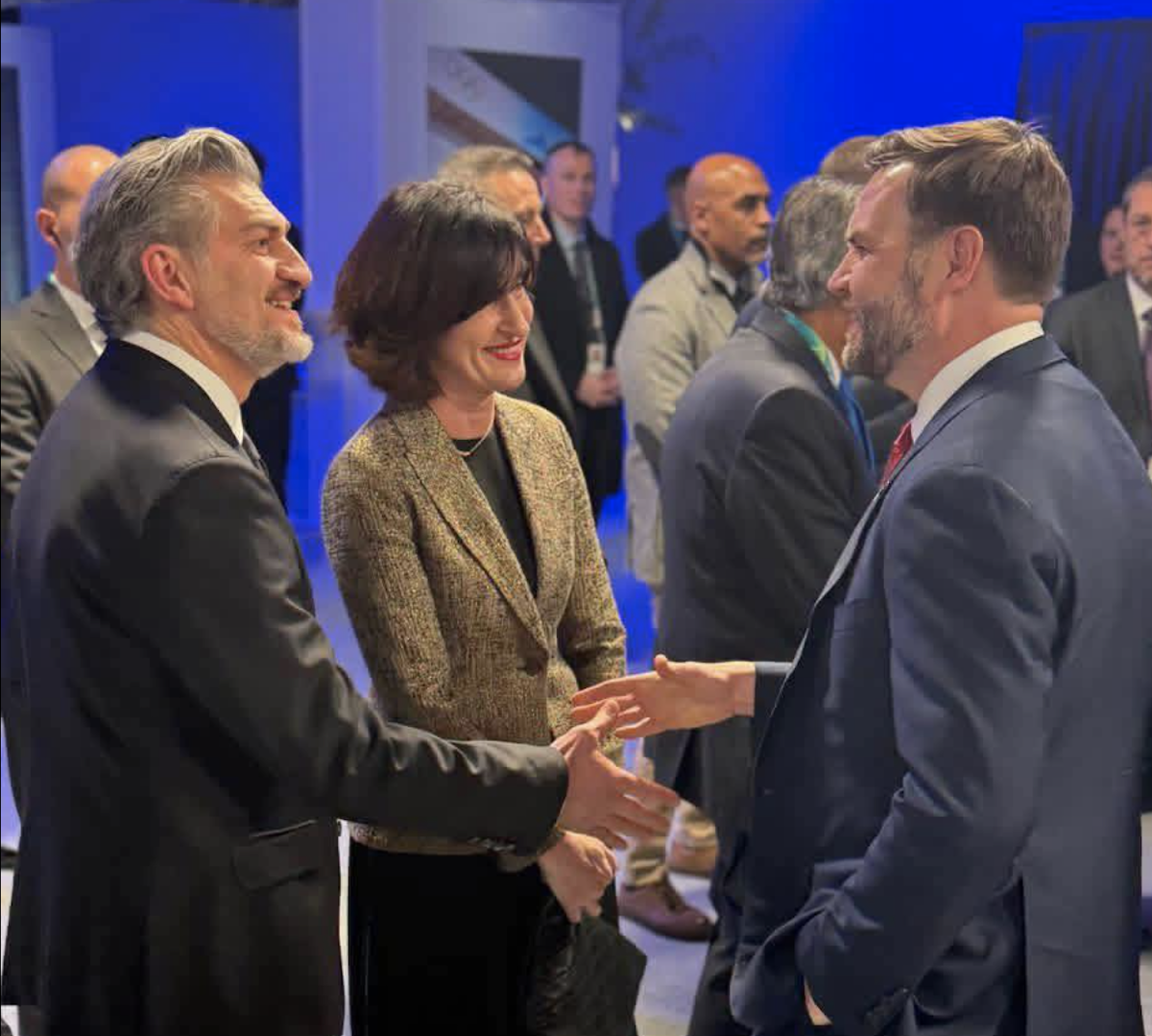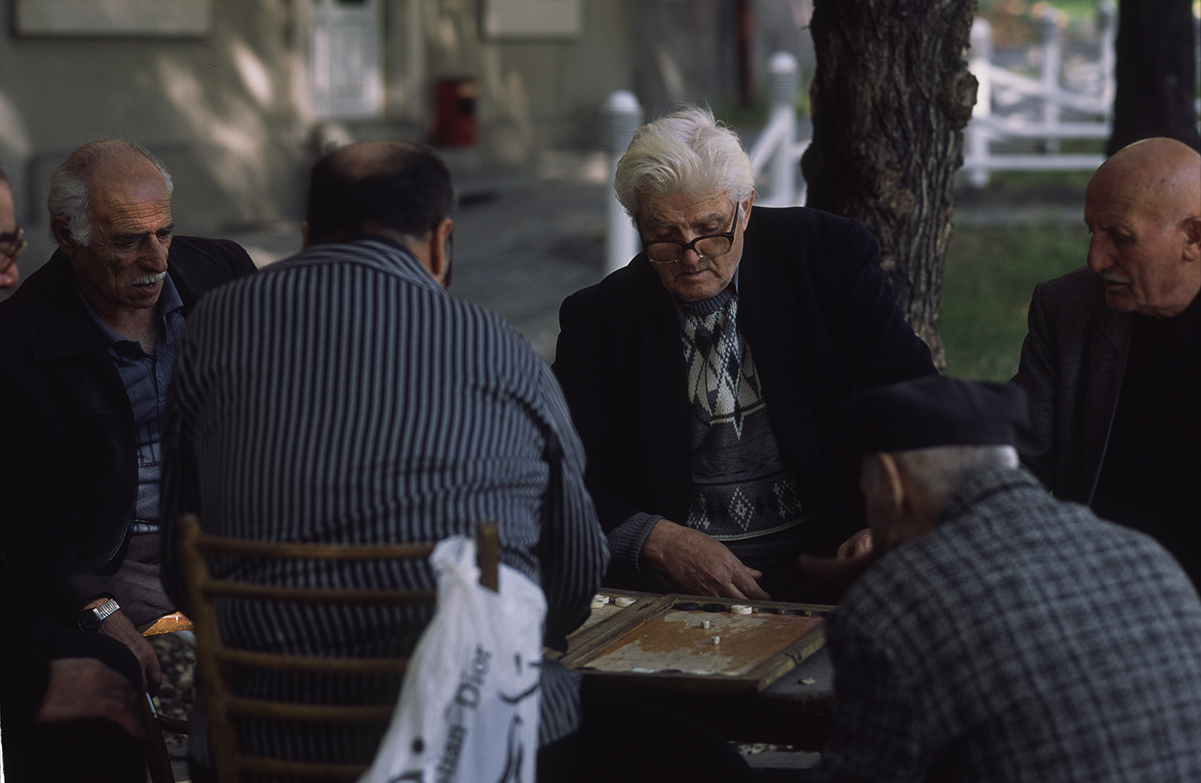Pashinyan: 'External forces want to provoke war in Armenia for the sake of a change of government'
Pashinyan’s “Real Armenia” concept
“Stopping the delimitation process means halting the processes of ensuring Armenia’s security guarantees and establishing the country’s sovereignty,” stated prime minister Nikol Pashinyan during his latest press conference. He made this comment in response to the demands of the “Tavush for the Homeland” movement. This refers to a protest action where people are walking from the border area to Yerevan to “get answers” from the authorities and to demand the cessation of the border delimitation process with Azerbaijan.
According to Nikol Pashinyan, certain internal and external forces intend to provoke a war in this manner to change the government in the country without elections. He asserts that a similar scenario unfolded during the 2020 Karabakh war.
“The forces demanding to stop delimitation, with the support of external forces, will do everything to have more of Armenia’s territories occupied. They will use this to bring about political changes in the Republic of Armenia,” he emphasized.
Pashinyan is convinced that the plan is to “establish an illegitimate, puppet government in the country, de facto destroy the statehood of the country – until its de jure destruction.”
The prime minister extensively discussed the protest movement, its backers, the possibility of signing a peace agreement with Azerbaijan, and relations with Russia.
- “Baku used the issue of returning four villages as a trump card,” says Pashinyan
- Ruling faction rejects opposition’s border demarcation proposal as ‘dangerous for Armenia’
- Territory in exchange for peace: Will Azerbaijan refrain from a new war?
“The Catholicos of All Armenians leads a political movement,” says Pashinyan, who believes that the Catholicos himself leads the “Tavush for the Homeland” movement. This stems from the fact that participants in the procession heading to Yerevan have united and organized under the leadership of the primate of the Tavush Diocese, Archbishop Bagrat Galstanyan. He is a respected clergyman in the country, around whom an increasing number of people are rallying. Moreover, he stated the day before that the Catholicos himself blesses the movement.
Furthermore, a statement has already been issued by the Supreme Spiritual Council urging the country’s leadership to “obey the will of the people.”
According to the prime minister’s assessment, the goal of the movement is clear—to bring former presidents of Armenia to power.
“This scenario of a change of power in Armenia with the help of the church was presented by the leader of the ‘Hayastan’ bloc [former president] Robert Kocharyan after the 2021 elections,” he stated.
When asked if he would resign if the movement garnered more supporters and made a similar demand, Pashinyan responded:
“Resigning on a periodic basis is not a serious approach. Various political processes may occur in the country, but there is an unwavering factor: the voice of the people, which can never be underestimated anywhere or anytime. I came to power by the will of the people, and I will leave by the will of the people.”
“We have nothing to hide”
Explaining why details of the border delimitation process starting from Armenia’s Tavush region are not being disclosed, Nikol Pashinyan stated that “nothing secret is happening.” However, there are nuances that are not disclosed to “avoid damaging the working process and politicizing it.”
He assured that before the delimitation and demarcation process began, the relevant commission conducted an inventory and studied all documents. And the border is being clarified “based on the latest maps of the USSR, which have legal force.”
“Why do we avoid saying on the basis of which specific map the process is taking place? We have previously said that we do not want to limit ourselves to one specific map.”
Why did the process start with the Tavush region? The prime minister has answered this question more than once. He says they did so in order to avoid war, to “deprive [Azerbaijan] of legitimate grounds for starting a war.”
For credibility, he reminded of military escalations on the Armenian border in 2021 and 2022. And he reported that “they [the Azerbaijani authorities] explained them on international platforms by the issue of four Azerbaijani villages,” which remained under Armenia’s control after the war in the 90s and are now being transferred to Baku. Because of these villages, Armenia “acted as a defendant, not a plaintiff, while its territories were occupied in 2021 and 2022.”
Nikol Pashinyan said that 90 percent of the planned work in the Tavush region has already been completed. He emphasized that delimitation and demarcation instill confidence in the formation of security guarantees. He has faith that war loses legitimate grounds.
“I am ready to sign a peace agreement by November”
The Armenian prime minister agrees with president Ilham Aliyev of Azerbaijan that a peace deal can be reached by November 2024.
“For this to happen, all agreed-upon principles need to be fixed in the peace agreement. If I’m not saying right now that we will sign the agreement next week, it means consensus has not yet been reached,” he emphasized.
At the same time, he expressed hope that significant progress would be made during the meeting of foreign ministers scheduled for May 10th in Kazakhstan.
“Armenia must be the entity ensuring transportation communication”
The prime minister expressed his opinion on the trilateral statement signed with the presidents of Russia and Azerbaijan in November 2020, which led to the cessation of hostilities in Karabakh. Pashinyan spoke about the results of its implementation. The Lachin corridor, intended to provide uninterrupted communication between Armenia and Nagorno-Karabakh, no longer has Armenian residents, and Russian peacekeeping forces do not ensure their safety. After listing these points, Pashinyan concludes that “the statement, in essence, is not effective.”
In this regard, he refers to the 9th point of this document, which is often mentioned in Russia and Azerbaijan.
Quote from the statement: “All economic and transport connections in the region will be unblocked. The Republic of Armenia provides transportation communication between the western districts of the Azerbaijan Republic and the Nakhchivan Autonomous Republic to organize unimpeded movement of citizens, vehicles, and cargo in both directions. Control over transportation communication is carried out by the border service of the Russian Federal Security Service.”
Prime minister emphasizes that the 9th point concerns not only ensuring communication between Azerbaijan and Nakhchivan but also unlocking transport communications in the region:
“Those who accuse us of not fulfilling our obligations must recognize that, according to this point, they sought concessions from Armenia that have nothing to do with the content of this point. And this is illogical, unacceptable, and impermissible.”
He focused attention on Azerbaijan’s demand to provide an extraterritorial corridor that Armenia will not control. He also mentioned another requirement under this point – Russian control over the road.
Pashinyan again explained that in the statement,
- “there is not even a hint of any wording that Armenia’s sovereignty and jurisdiction are limited,
- there is no mention that a third party, particularly Russia, should ensure security on any territory of Armenia.”
He explained that, according to the statement, it is Armenia that ensures transportation communication, not another entity. And the Russian Federation should control transportation communication, which does not mean its presence on-site. According to him, control can be organized in the form of regularly submitted reports.
“Eliminate negative nuances in Armenia’s relations with Russia”
The head of the Armenian government also responded to questions about his visit to Moscow on May 8 and the expected meeting with president Putin:
“The agenda of the meeting is diverse, there are many issues accumulated. Some of them have been raised more than once. We have never held the view that these issues are voiced only for the sake of being heard. They were raised with the aim of eliminating negative nuances from the context of friendly relations between Armenia and Russia.”
Regarding why Pashinyan will not attend the inauguration ceremony of the Russian president, the prime minister replied that he “did not receive an invitation.” As for the Victory Day parade on May 9, he reminded about his participation last year:
“I don’t think I should participate in it every year. I don’t recall such a practice where any leader of Armenia or a leader of any other country participates in the May 9 event every year.”
Concept of “Real Armenia” by Pashinyan
The prime minister began and concluded his press conference by showing journalists a slide that read “Real Armenia,” followed by maps indicating its territory in kilometers. He explained his vision for the country’s future as follows:
“Armenia is a sovereign state that must pursue an independent foreign policy. The country’s territory covers 29,743 square kilometers. The state structure is a parliamentary democracy. The purpose of Armenia’s existence is not to serve historical justice or national agendas, but to ensure the freedom, happiness, and prosperity of its citizens.“
Pashinyan then outlined the steps Armenia should take in the region:
- “Deepening and developing good neighborly relations with Georgia and Iran,
- Managing and eliminating hostilities with Turkey and Azerbaijan,
- Regional transport integration,
- Establishing, deepening, and developing economic ties.”
According to him, ensuring the country’s security is possible through diversification of external relations, military reforms, and the implementation of a comprehensive security and defense system.
The prime minister considers the country’s main problem to be “further development, particularly socio-economic, for which peace is necessary.”










